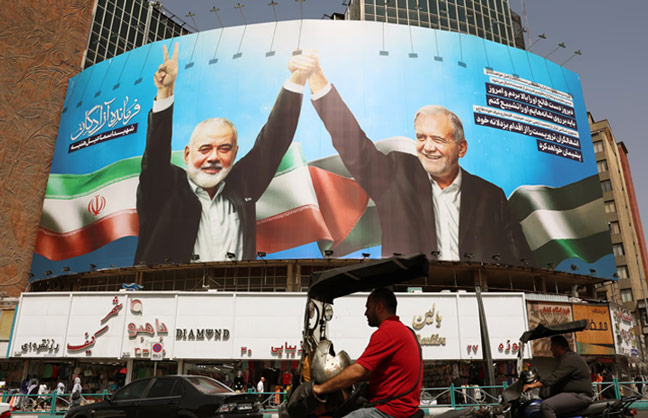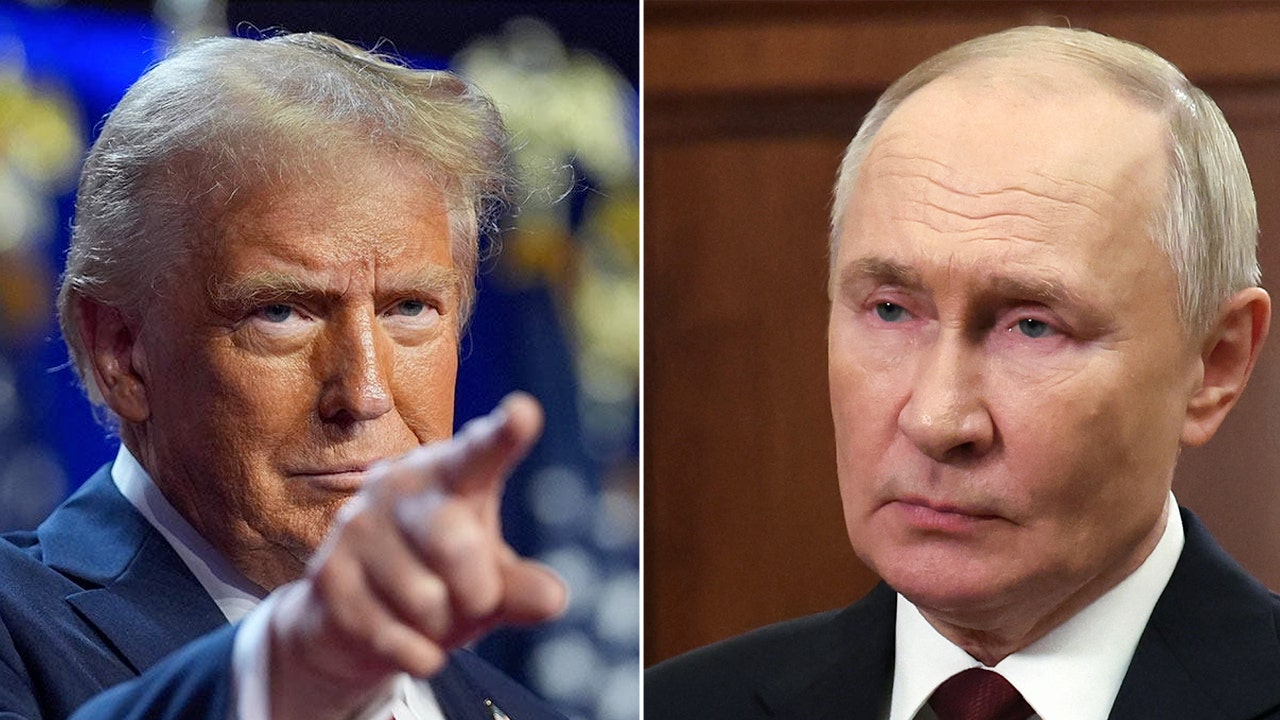Iran has issued a call to foreign ambassadors in Tehran, asserting its moral obligation to retaliate against Israel for the recent assassination of Hamas leader Ismail Haniyeh. The attack, which took place in the Iranian capital a week ago, is viewed by Iran as an example of Israeli “adventurism” and lawlessness.
In response, Iran has organized an emergency meeting of the Organisation of Islamic Cooperation (OIC) on Wednesday, aiming to garner support from Arab states for its right to take retaliatory measures against Israel. The meeting will occur at the OIC headquarters in Jeddah, Saudi Arabia.
While many leaders in the Gulf are prepared to condemn Israel’s actions, they are also urging Iran to exercise restraint. Previous efforts by the late Iranian president Ebrahim Raisi to gain Gulf states’ support for military action or economic sanctions against Israel were unsuccessful.
Iran might await the OIC meeting’s outcome before proceeding with its planned reprisals. Meanwhile, U.S. Secretary of State Antony Blinken has indicated that Iran may coordinate a series of strikes starting Monday. President Joe Biden is scheduled to meet with his national security team at 2:15 p.m. local time in Washington, which will be around 10 p.m. in Tehran, to assess whether Iran will launch an attack overnight.
On Sunday evening, Tehran airport canceled several flights, likely due to concerns that civilian aircraft might be caught up in potential military operations. In January 2020, the Islamic Revolutionary Guards Corps (IRGC) mistakenly downed a Ukrainian flight from Tehran to Kyiv, killing all 176 passengers.
Russian Security Council Secretary Sergei Shoigu arrived in Tehran on Monday for talks with Iranian leadership, including President Masoud Pezeshkian. Despite his previous role as Russia’s defense minister, Shoigu remains central to Russia’s defense collaboration with Iran, and there is no indication that Russia is advocating for restraint.
Iran is positioning its planned missile strikes as necessary to re-establish regional deterrence following the U.S. failure to control its ally Israel. Acting Foreign Minister Ali Bagheri stated that there is a moral duty to oppose the “occupation, displacement, and genocide” of Palestinians, warning that ignoring such issues contributes to the spread of evil.
Foreign Ministry spokesperson Nasser Kanaani emphasized that action from Tehran is inevitable. He argued that stability in the region can only be achieved by punishing the aggressor and deterring further aggression from Israel. Kanaani also called on the U.S. to cease support for Israel and for the international community to support the punishment of the aggressor.
His comments were directed at Gulf states, including Jordan, that cooperated with Western powers to mitigate the impact of an Iranian attack on Israel in April following the assassination of IRGC commanders in Damascus.
Internally, those advocating for caution or diplomatic exploitation of Israel’s actions seem to be overshadowed by voices calling for a coordinated attack involving Hezbollah, Hamas, Iraqi militant groups, the Houthis in Yemen, and Iran itself. Unlike the April incident, which saw a 12-day period of careful response calibration, the current situation lacks similar messaging about the scale of retaliation, leaving room for diplomatic efforts to prevent misunderstandings.
On Monday, IRGC Commander Hossein Salami reiterated the group’s threat that Israel “will receive punishment in due time,” asserting that Israel is digging its own grave.





